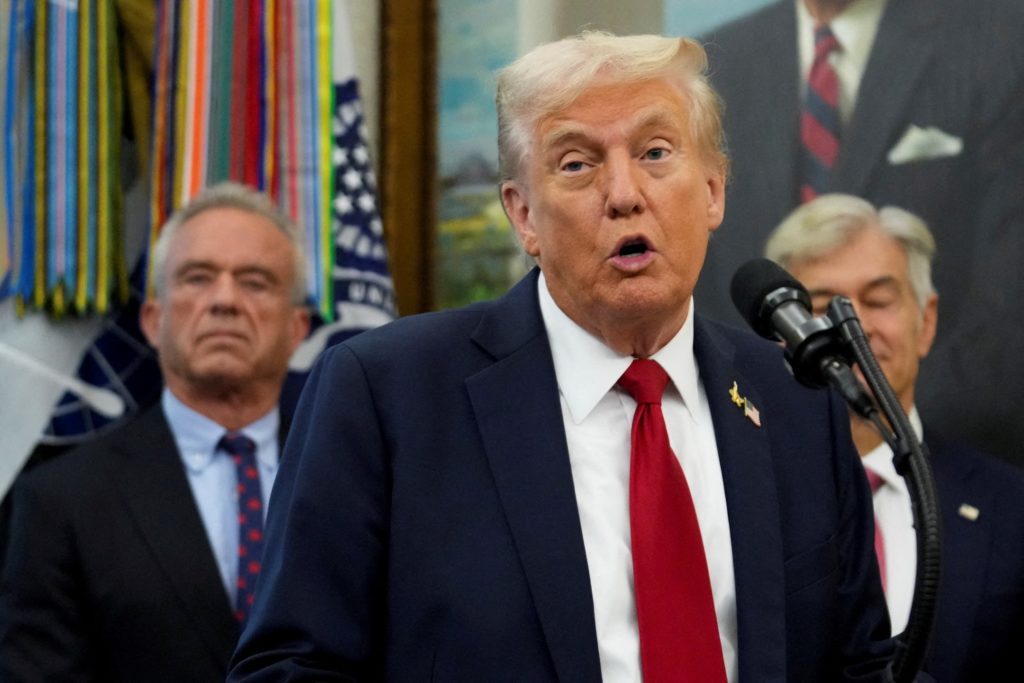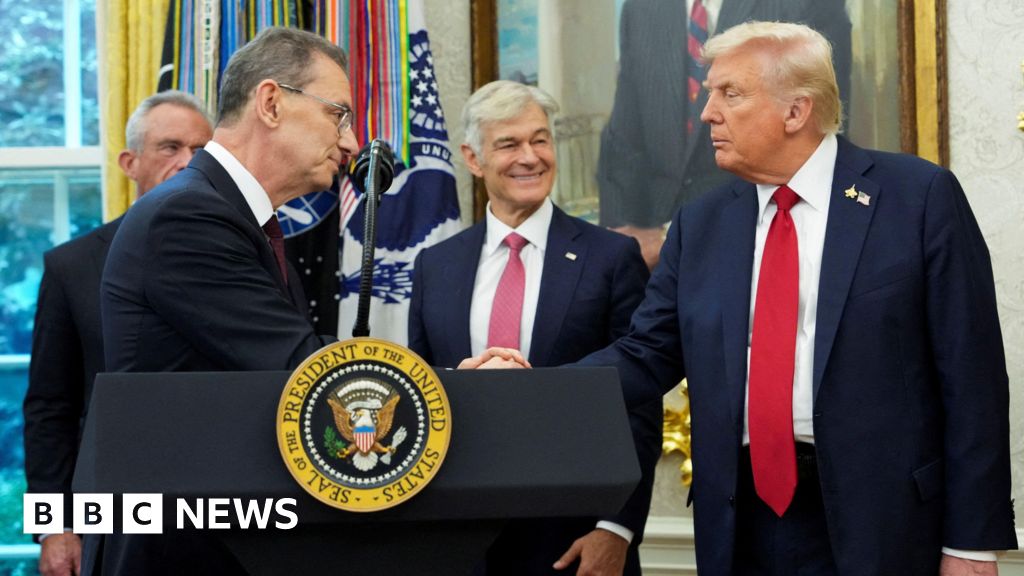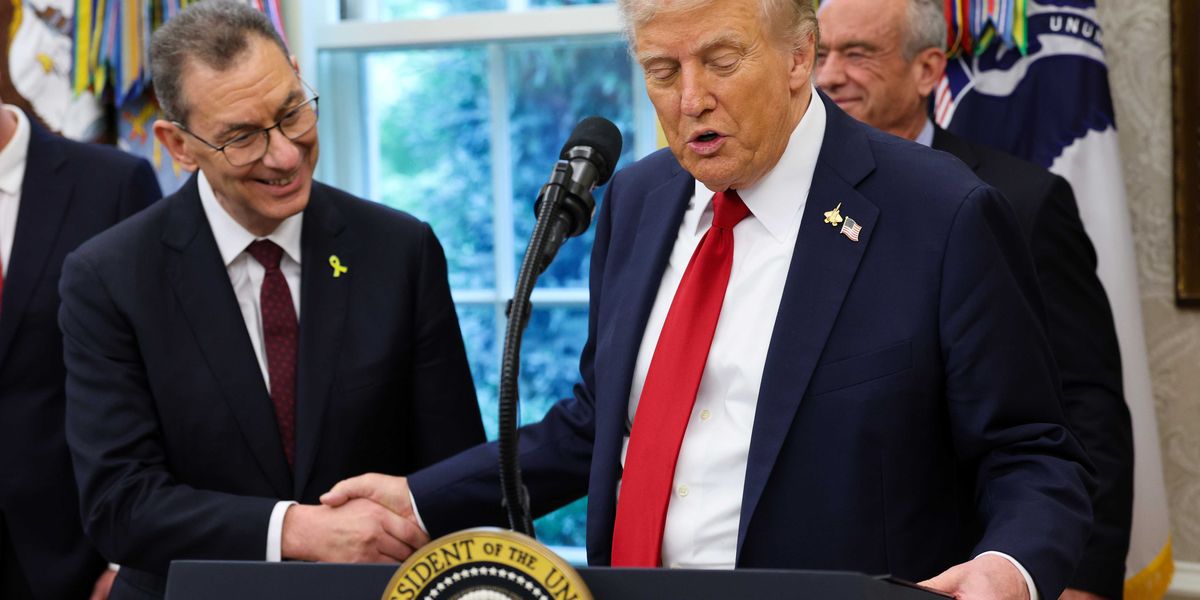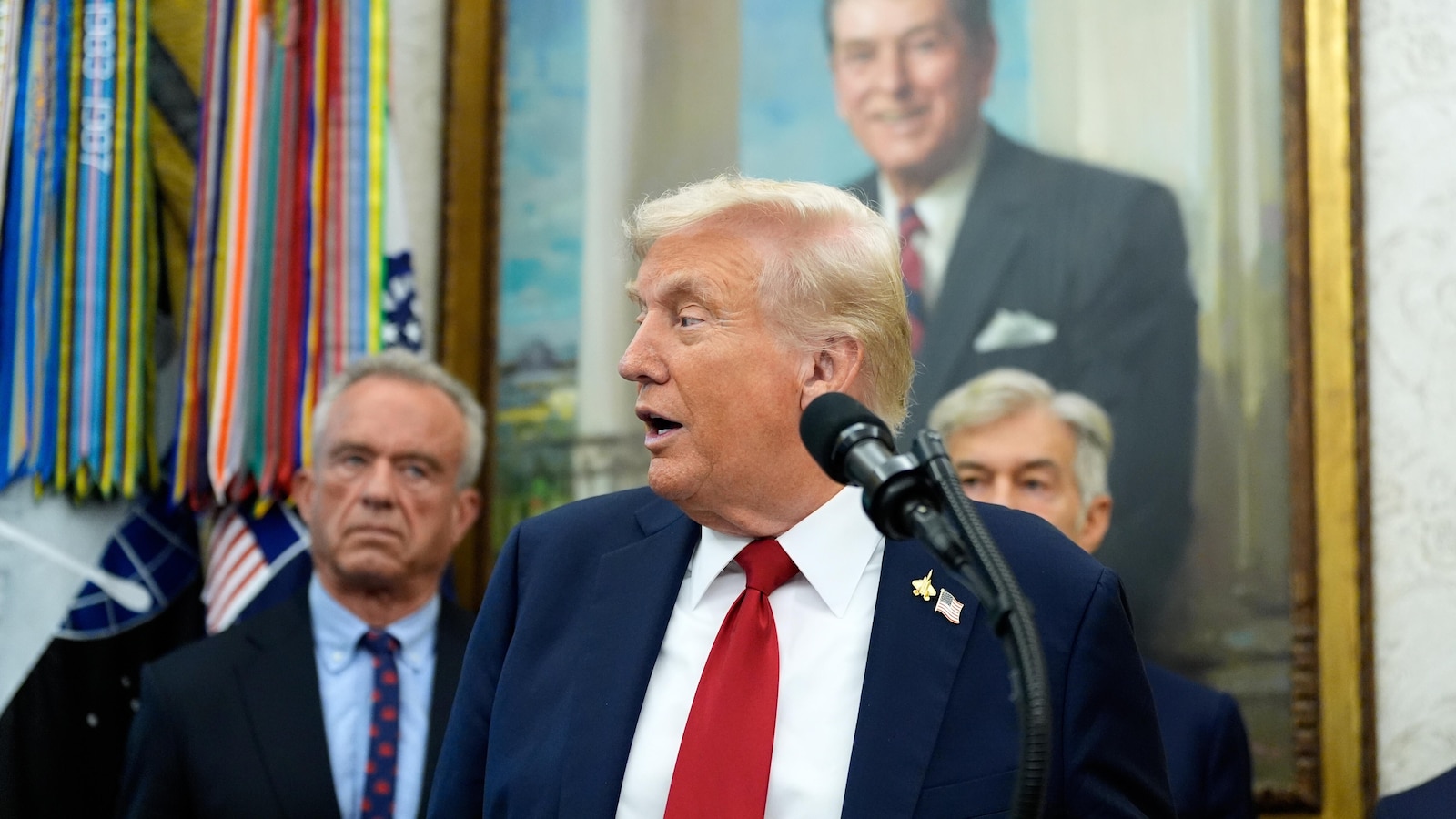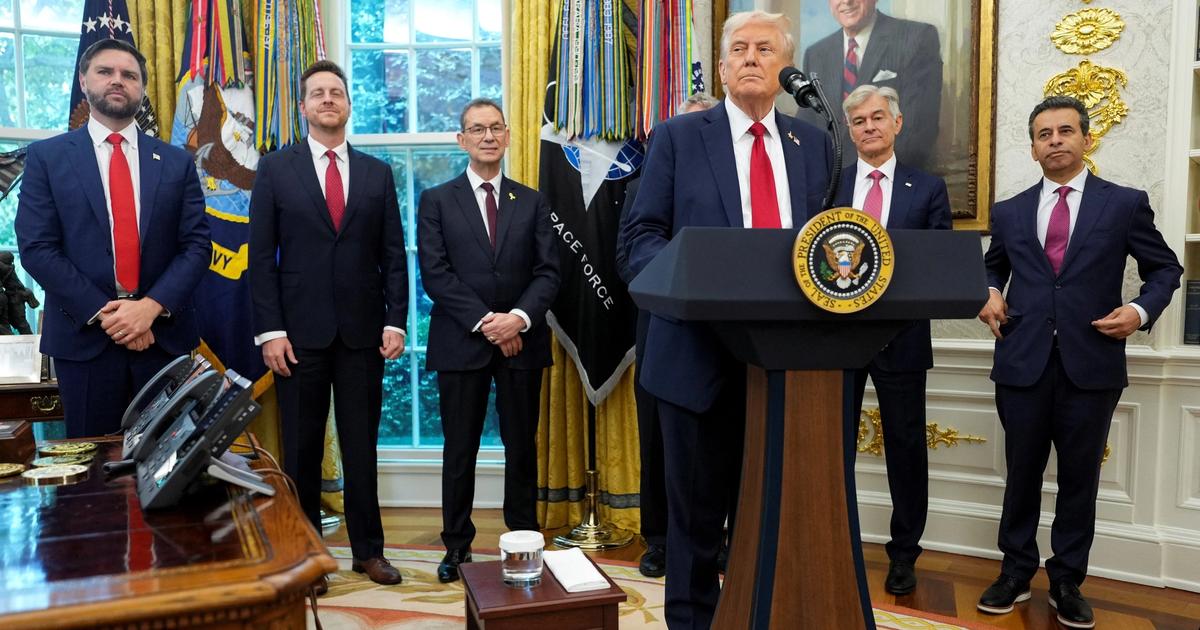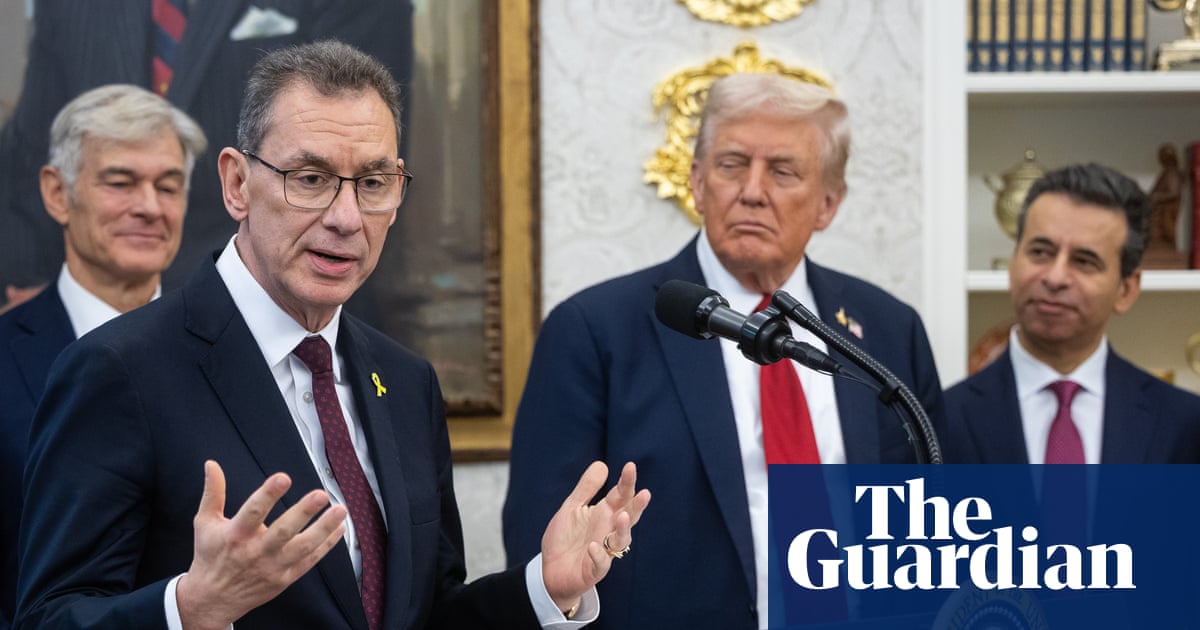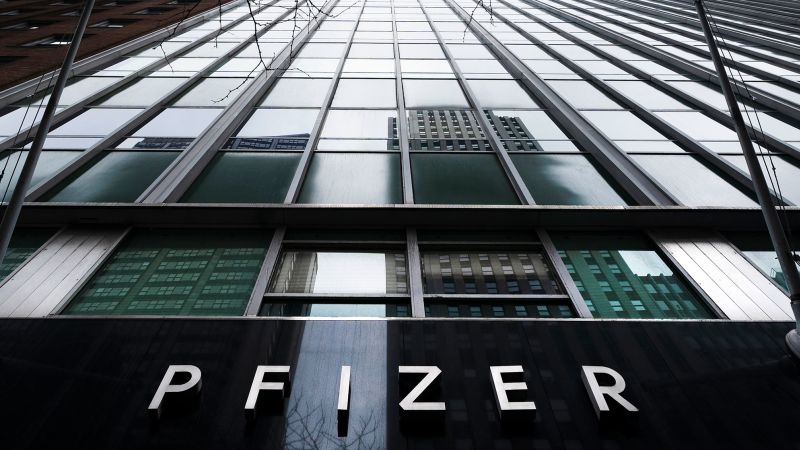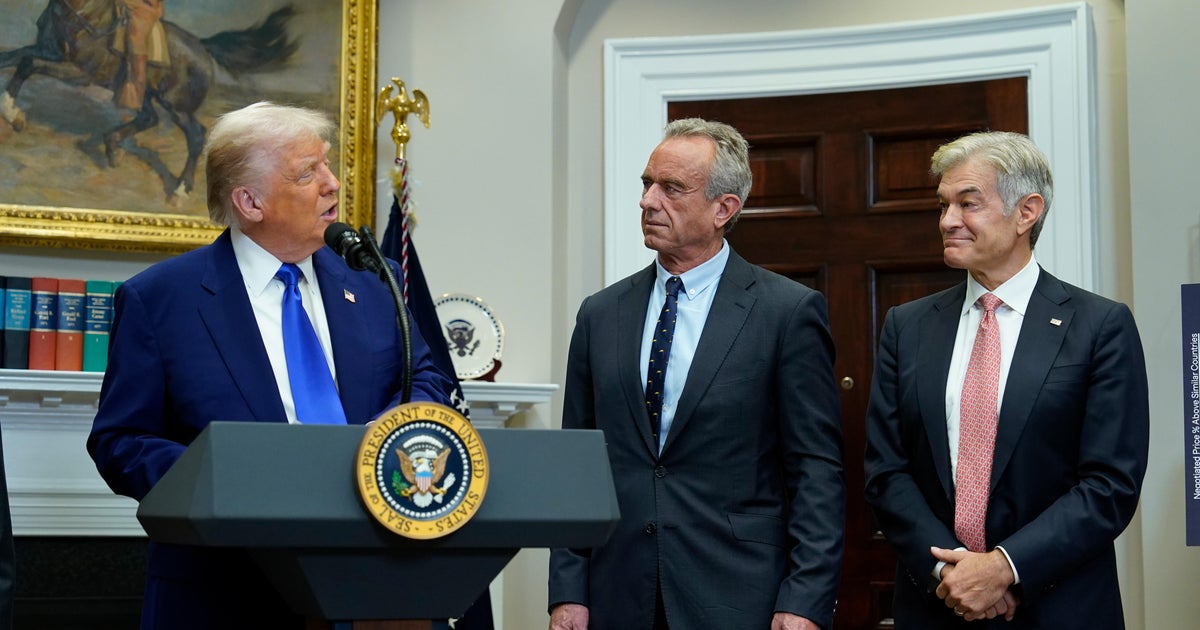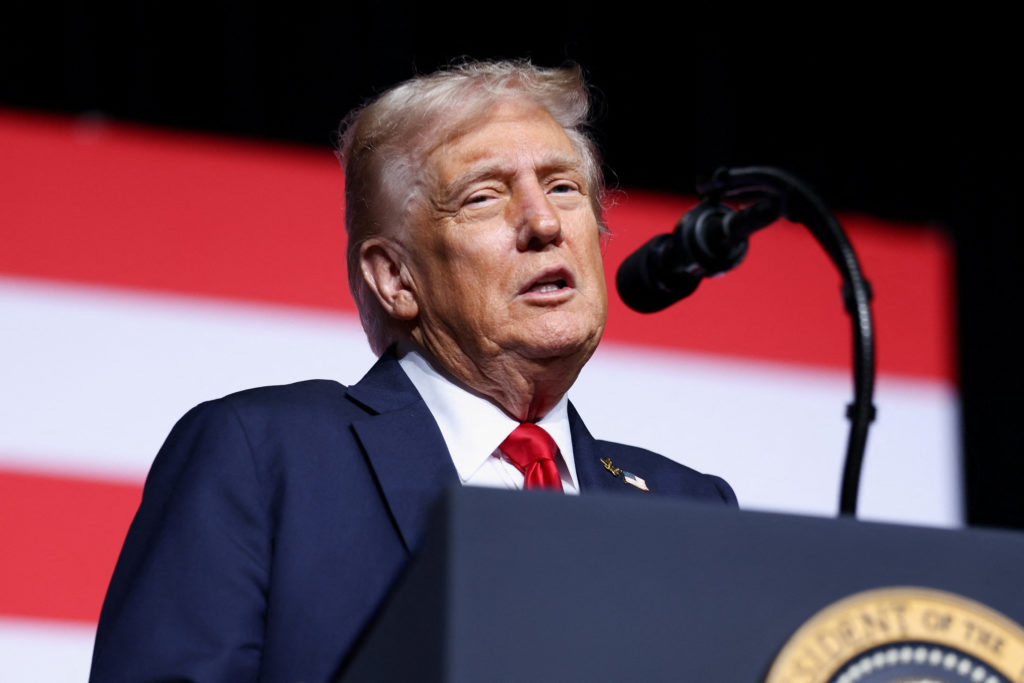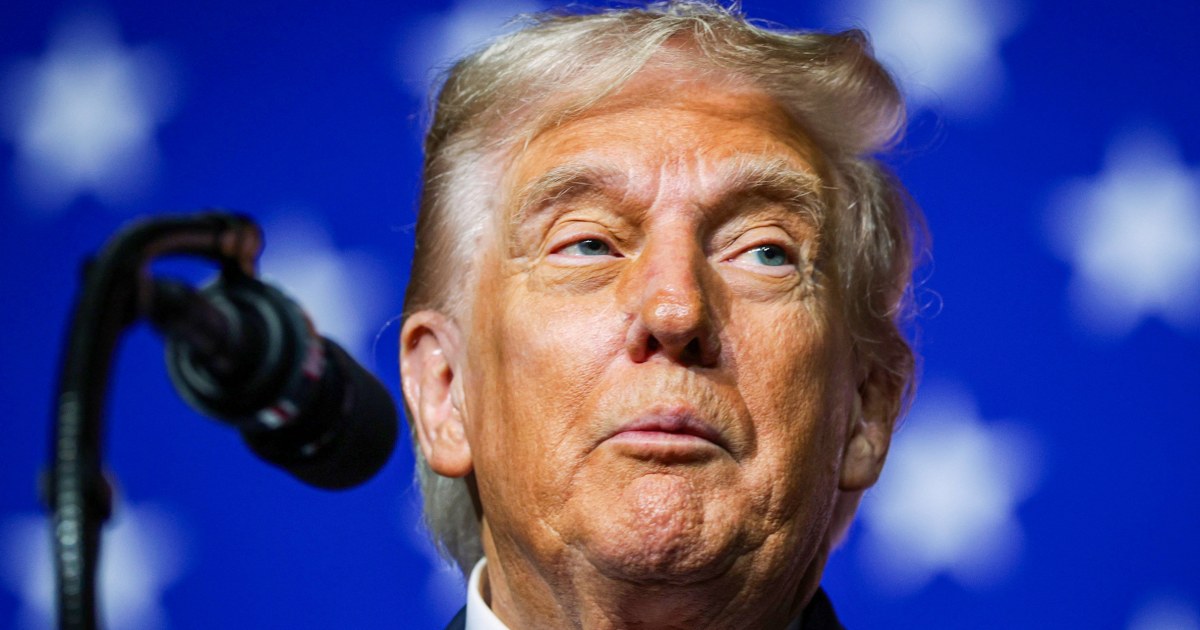Pfizer Partners with Trump Administration to Lower Drug Prices for Medicaid Patients
Pfizer has agreed to lower drug costs for Medicaid patients and invest $70 billion in U.S. manufacturing as part of a deal with President Trump.
Overview
- Pfizer has reached an agreement with President Trump to lower drug prices for Medicaid patients, aiming to make medications more affordable.
- The deal includes a commitment from Pfizer to invest $70 billion in pharmaceutical manufacturing and research in the U.S.
- A new federal website, TrumpRx, will offer discounted prices on Pfizer drugs, benefiting consumers and uninsured patients.
- Trump's initiative aligns U.S. drug prices with lower prices in Europe, promoting 'most-favored-nation' pricing for Medicaid.
- This agreement is part of Trump's ongoing efforts to reform the pharmaceutical industry and reduce prescription drug costs.
Report issue

Read both sides in 5 minutes each day
Analysis
Center-leaning sources cover this story neutrally, presenting the Trump administration's announcement of a Pfizer drug cost deal alongside critical expert analysis and factual clarifications. They avoid loaded language, provide political context, and fact-check presidential claims, allowing readers to assess the claims and potential impacts from various angles.
Articles (18)
Center (8)
FAQ
The TrumpRx website will offer discounted Pfizer drug prices directly to consumers, including uninsured patients, providing a new way for individuals to access lower-cost medications outside of traditional insurance channels[1]. Specific operational details, such as eligibility, eligibility verification, and whether discounts will apply at the pharmacy or via mail order, are not yet disclosed in the article[1].
Most-favored-nation' (MFN) pricing means Medicaid will pay no more for Pfizer drugs than the lowest price charged in other comparable countries, effectively aligning U.S. prices with those in Europe and other wealthy nations[1]. This is intended to prevent the U.S. from paying higher prices compared to other countries.
Pfizer has committed to investing $70 billion in U.S. pharmaceutical manufacturing and research, though the article does not specify the exact allocation or timeline for these investments. The expected benefits include increased domestic drug supply, job creation, and potentially reduced reliance on foreign manufacturing[1]. Detailed breakdowns of the investment plan are not provided in the available information.
President Trump stated that if other companies do not make similar deals, they will face tariffs on drugs imported into the U.S.[1]. This is intended as an economic incentive for other drugmakers to negotiate and match the terms offered by Pfizer[1].
While the article confirms that Pfizer will offer lower prices to Medicaid and consumers, and launch new medicines at prices matching those in other countries, specific percentage reductions or price lists have not been publicly disclosed[1]. The actual savings for patients will depend on the final pricing agreements and how they are implemented[1].
History
- 1M

 7 articles
7 articles

